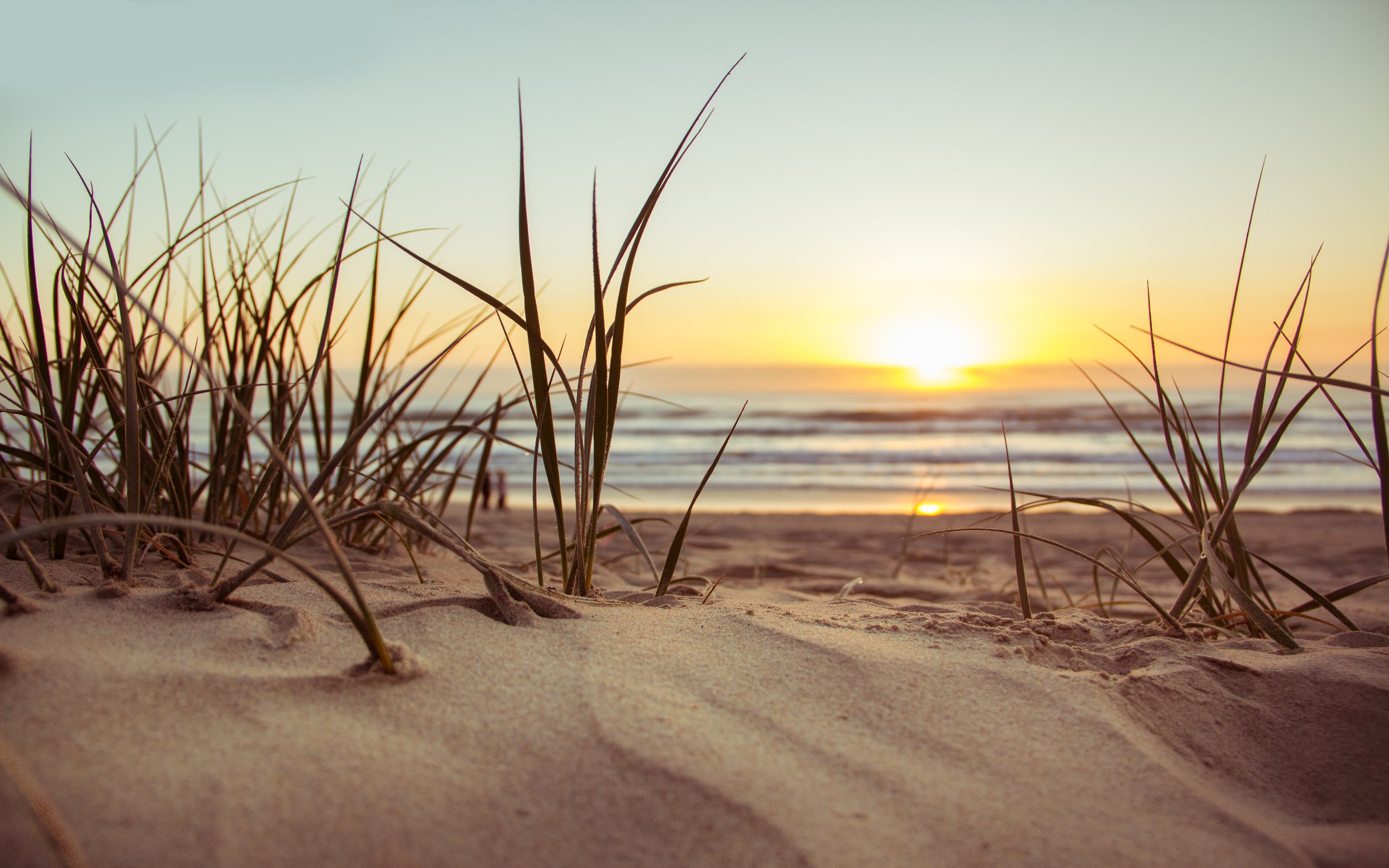Surviving New Life
A Greater Purpose in the Pain.
I guess I’ve been thinking a lot about birth lately, given that my very first grand baby is on the way. And I’ve been thinking about the miracle and design of the process, how a baby passes from one world to the next. From womb to earth. Water to air. And how those painful minutes in between are the most vital of all.


